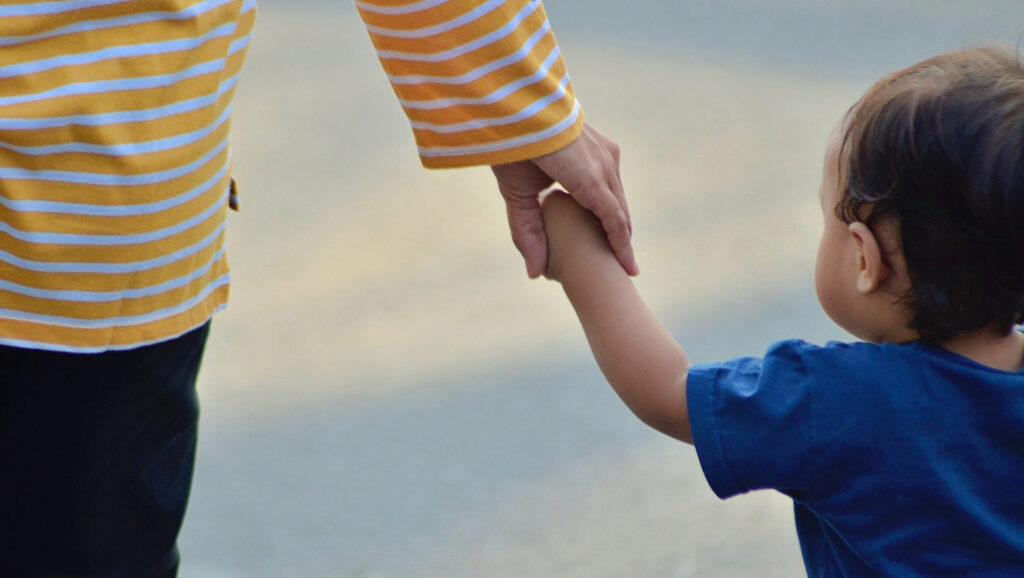Submitted by Wanda Beland
“Caregiving is loving unconditionally; riding that rollercoaster of behaviours, addictions, parenting, community and 24/7 needs, hoping that the rollercoaster has time to stop once in a while.”
FASD to Caregivers is what is happening in this moment. As my journey over the last 30 years has taken me to many places, from hope to despair and back again, it is hard to say exactly what FASD is to me. At one point it was the all-encompassing changing and managing of the world around my family to ensure some level of success and positivity existed. At other times it was isolation as a family unit to keep my own sanity and (what I believed) my children’s safety – physically, emotionally, mentally and spiritually. As a caregiver, my focus has changed as the seasons in my children’s lives have changed. Thankfully, the extreme challenges of behaviours changed because I learned how to think differently about these behaviours: think brain first.
In hindsight this has always been true. The challenges I have experienced over that last 30 years were challenges until I learned what was happening and how it was being interpreted by my children. So now it is my knowledge and “wisdom”, gained through practice and supporting my children, that determines what the challenge will be. I have control over what I consider “challenging”. If I don’t have the energy to “be on” and “think differently”, then life is definitely more challenging.
Over the years – and doing some caregiving for our 400 plus individuals we have supported through the agency I work with – caregiving took on many different roles. It could be simply managing funds or being the ear that parents need to vent to or run things by. Caregiving means being there no matter what, whether it is your children or those you support, be it individuals or parents. Caregiving is loving unconditionally; riding that rollercoaster of behaviours, addictions, parenting, community and 24/7 needs, hoping that the rollercoaster has time to stop once in a while.
Caregiving has meant making my kids live on their own, knowing that they may fail, but also knowing I needed to keep others safe. Sleeping when I did not know where my child was, praying continually that they would live through the night. But in the end FASD for me, as a caregiver, is an opportunity to journey, guide, learn, practice, love, laugh and mentor. To give and to receive. To hold my children close as they navigate life and to give them space when they master a skill.
As I look back over the last 30 years and forward to the coming years, the future does not frighten me as much as it did when my children were younger – actually not as much as last year! Each day, each week, each month and year, FASD’s shadow becomes smaller and my children’s personalities, hopes, dreams and experiences become the focus. This is who my children are. They have a diagnosis that impacts the way they interpret life and living overall. I simply live it with them, with the knowledge of FASD and the wisdom in the moment to guide that pathway or experience that is our reality today.
Wanda, along with her husband Marc, are adoptive parents of four adolescents and adults with FASD. A teacher, she has a degree in education, and a Fetal Alcohol Spectrum Disorder Education certificate from Lethbridge College. She is the executive director of the NWR FASD Society; has coordinated diagnostic clinics, caregiver/family, youth and adult FASD programs and Parent-Child Assistance Programs (PCAP). She grew up in a traditional First Nations family in the north and brings remote and isolated area experience, especially from aboriginal areas and perspectives.
